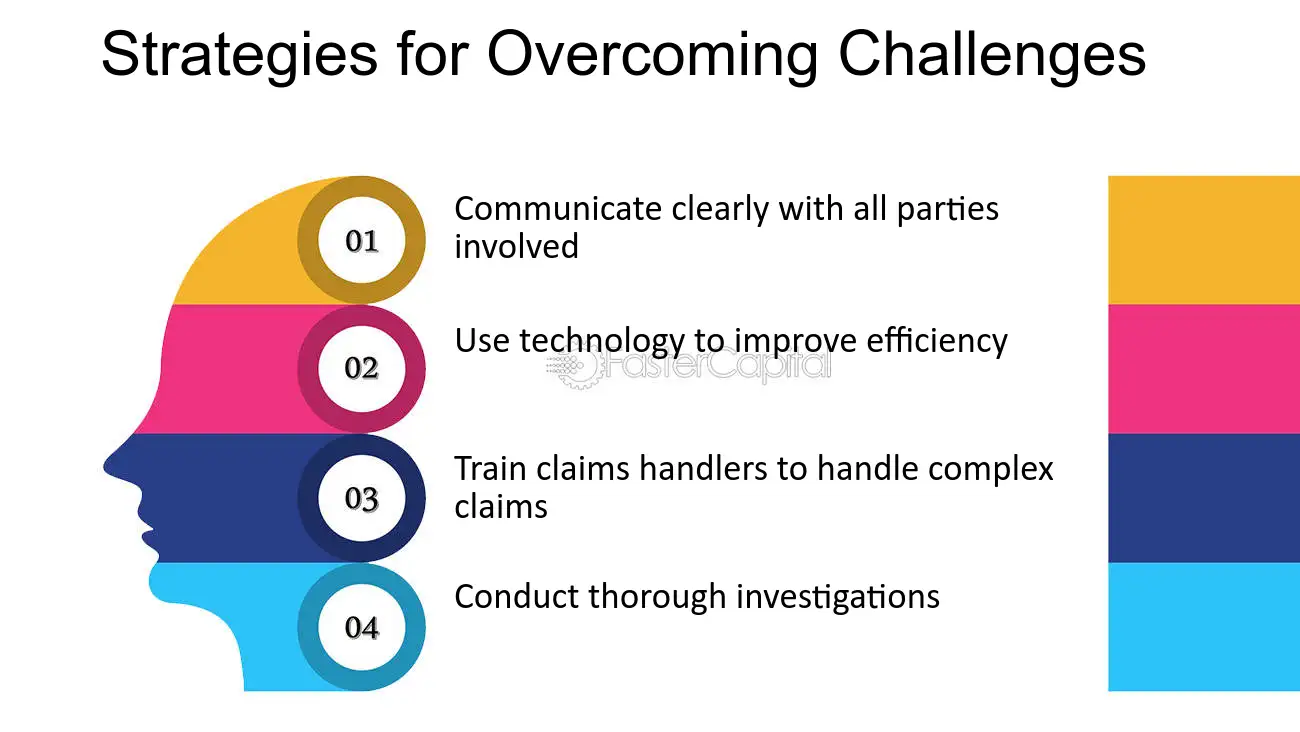Throughout our lives, we will inevitably encounter difficulties and setbacks. For example, you may have missed an important opportunity, your dreams may be temporarily out of reach, or a relationship may have ended. These events can cause sadness, disappointment, and even self-doubt.
But did you know that psychology has a concept called “compensatory mechanisms”? Today we’re going to talk about this topic and see how it helps people get out of difficult situations.
1. What is a Compensatory Mechanism?
The term “compensatory mechanism” sounds a bit complicated, but it’s really quite simple.When a person experiences problems or failures in one area of their life, they will try to do better in other areas to compensate for their inner sense of loss.
For example, if you don’t do well in school, but you’re talented at drawing, you might spend more time practicing drawing and get a sense of accomplishment from it. This is a form of compensatory behavior.

This concept was first proposed by a psychologist named Adler. He believed that everyone has a desire to improve. When we experience setbacks in one area, we strive to achieve success in another area to make ourselves feel better.
This psychological mechanism is not only beneficial to mental health, but also helps people discover their new potential.
2. A True Story
Let’s look at a real-life example:
There was a young man named David who had always dreamed of becoming a writer. He had loved writing stories since he was a child and often used his spare time to write novels and essays. Once he entered a very important literary contest, but his work did not win a prize, which made him very discouraged and he even considered giving up writing.
Later, he began to think, “What else am I interested in besides writing?” He remembered that he had loved photography as a child, but had never pursued it because he was too busy with work.
So he decided to turn his attention to photography. He enrolled in photography classes, bought camera equipment, and spent his weekends taking pictures of landscapes and people.
After a few months, his photography began to gain recognition and he even won a national photography competition. This success restored his confidence and made him realize that even if you fail in one area, you can find your own success in another.
3. Why is the Compensatory Mechanism Effective?
The Compensation Mechanism helps people because it is a natural psychological response. When we experience setbacks, the brain automatically looks for other ways to make us feel better.
From a neuroscience point of view, the human brain is very flexible. When you experience difficulty in one area, your brain will adjust its resources to help you perform better in other areas. This ability is called “brain plasticity.
In other words, even if you are not doing well in one area right now, as long as you are willing to try other directions, you can achieve success in other areas.
4. How can you use the compensation mechanism in your life?
If you are going through a difficult time, you can try using the Compensatory Mechanism by following these steps:
1. Accept reality
First, be brave enough to face your failures or shortcomings. Don’t deny them or run away from them. Only by accepting reality can you begin to change.
For example, if you didn’t do well in an exam, don’t blame yourself. Instead, accept the result and think about what to do next.
2. Find an Alternative Direction
Next, you can list your interests and strengths and find a new direction.
For example, if you are not good at math but love to draw, you can spend more time developing your artistic skills.
3. Keep trying
Once you find a new direction, stick with it. Everything takes time and practice, so don’t give up just because you’re not good at it at first.
As David mentioned above, he didn’t become a photographer right away, but found success through continuous learning and practice.
4. Maintain a positive attitude
Finally, believe in your ability to overcome challenges. A positive attitude will motivate you to try new things and help you cope better with stress.
5. What are some applications of compensatory mechanisms in life?
Compensation mechanisms can be used not only in personal growth, but also in many other areas.
1. Application in education
Teachers can help students build confidence in other subjects by understanding their interests and strengths. For example, if a student is not good at math but is good at sports, the teacher can encourage him to practice while guiding him to find an appropriate learning method.
2. Application in the workplace
Employees who face bottlenecks at work can improve themselves by learning new skills; for example, a salesperson with poor performance can learn communication skills or customer management knowledge to improve their overall competitiveness.
3. Application in family life
Parents can encourage their children to develop a variety of interests so that they can find a sense of accomplishment in different areas. This will not only make children happier, but also help them build stronger self-confidence.
6. Limitations of the Compensation Mechanism
Although the compensation mechanism has many advantages, it also has some limitations.
1. The problem itself should not be completely ignored
Sometimes people may rely too much on compensation mechanisms and ignore the original problem. For example, if you always have trouble dealing with interpersonal relationships, but only rely on playing games to find comfort, this will not really solve the problem.
2. New Directions May Bring New Challenges
In new areas, you may also encounter new difficulties. If you cannot handle these challenges properly, you may become even more anxious.
Therefore, while using compensatory mechanisms, you should also combine other methods, such as seeking psychological counseling and learning emotional management, to better regulate your mental state.
7. Conclusion
Compensatory mechanisms are a very useful psychological strategy that can help us find new directions and motivation when we encounter difficulties. Whether in our studies, work, or life, we can use this method to adjust our mindset and get out of a slump.
It is important to note, however, that compensatory mechanisms are not a panacea; they are merely a tool; the key is to actively confront problems and seek solutions on our own.
If you are going through a low point in your life, remember that one failure does not mean a permanent failure. Change direction, keep trying, and you will surely find your own light elsewhere.

